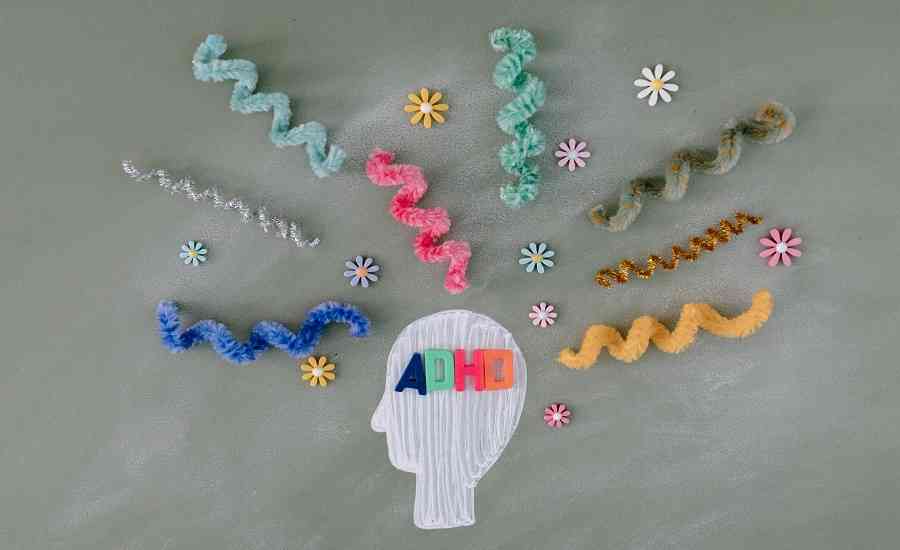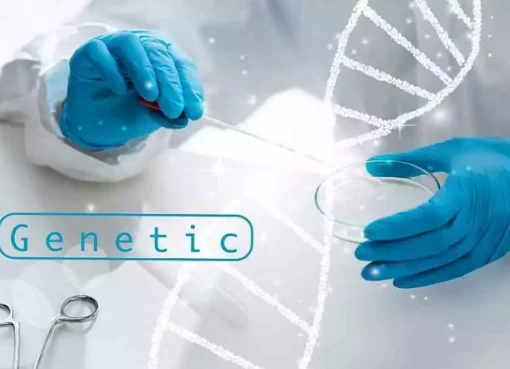ADHD/ADD
Attention deficit hyperactivity disorder (ADHD) and Attention deficit disorder (ADD) are terms used interchangeably to describe the same condition.
ADD was an earlier term for what we now refer to as inattentive-type ADHD, which is characterized by traits such as forgetfulness, disorganization, and scattered thinking.
ADHD encompasses a range of symptoms that impact various aspects of cognitive function, particularly executive functions. These executive functions include the ability to focus, make decisions, learn, use working or short-term memory, and maintain motivation.
The fundamental cause of ADHD relates to issues with neurotransmitters.
Non-pharmaceutical approach
Natural nootropics for ADHD, often referred to as cognitive enhancers or supplements, have gained attention as potential alternatives or complementary approaches to traditional medications.
These natural substances are believed to offer cognitive and focus-enhancing benefits while, in some cases, having fewer side effects.
It’s essential to approach them with caution and consult a healthcare professional when considering their use.
Here’s a comprehensive exploration of natural nootropics for ADHD that you can buy OTC, with a focus on their potential benefits and considerations:
- Omega-3 Fatty Acids: Omega-3 fatty acids, predominantly found in fish oil, are renowned for their anti-inflammatory properties and potential cognitive benefits. Research has indicated that omega-3 supplements can be beneficial in managing ADHD symptoms, particularly in children. These supplements may improve attention, focus, and impulsivity.
- Zinc: Studies suggest a link between zinc deficiency and ADHD symptoms. Zinc supplements are sometimes recommended, especially for individuals with low zinc levels. Zinc plays a role in neurotransmitter function, which is relevant to attention and impulse control.
- Magnesium: Magnesium is an essential mineral involved in various bodily functions, including brain health. Some people with ADHD have reported improvements in focus, attention, and overall well-being after taking magnesium supplements. Magnesium can help in calming the nervous system.
- Iron: Iron deficiency can manifest with cognitive impairments and behavioral problems resembling ADHD symptoms. Iron supplements may be considered for individuals with low iron levels to enhance cognitive function.
- Vitamin B6: Vitamin B6 is essential for brain health, improving mental performance, and potentially alleviating ADHD symptoms. It supports energy metabolism, neurotransmitters, and blood sugar regulation, all crucial for focus and cognitive function. With proven benefits and minimal side effects, it’s a top nootropic for ADHD. Don’t forget to pair it with L-Tyrosine for optimal dopamine synthesis.
- Vitamin B12: Vitamin B12 is a common supplement due to its vital role in the body. It supports brain function, neuron maintenance, and energy metabolism. Deficiency is common and often overlooked. B12 can benefit ADHD by aiding neuron regeneration and brain cell metabolism.
- Citicoline: Citicoline is a highly effective natural nootropic that enhances executive cognitive function. It easily enters the brain and transforms into choline for neurotransmitters and cytidine for neuron cell membranes. Citicoline boosts focus, concentration, processing speed, and reaction time without significant side effects, making it an excellent ADHD supplement.
- Phosphatidylserine: Phosphatidylserine is a valuable supplement that supports long-term cognitive function by enhancing neurotransmitter receptor health and aiding in the regeneration of brain cells. Although typically used in daily nootropic stacks, it’s less commonly recommended for ADHD. Nevertheless, its ability to improve mental performance, including focus and working memory, makes it a promising option for managing ADHD.
- Dynamine: Dynamine, a branded Methylliberine, is gaining popularity in energy supplements and ADHD natural stimulants. It’s considered a safer caffeine alternative due to fewer side effects. While there are no specific ADHD studies, combining Dynamine with caffeine and theanine can increase energy, focus, and motivation rapidly.
- Ginkgo Biloba: Ginkgo biloba is an herbal supplement known for its potential to improve blood flow to the brain. While not a direct treatment for ADHD, some users have experienced enhanced cognitive function and increased focus when using ginkgo biloba.
- Rhodiola Rosea: Rhodiola is an adaptogenic herb that aids in stress management. While not a direct treatment for ADHD, it may help reduce stress-related concentration and focus difficulties.
- Bacopa Monnieri: Bacopa is an herbal nootropic with a history of use in traditional medicine. Research suggests that it may enhance memory and cognitive function. Its effects on ADHD are still under investigation.
- L-Theanine: L-Theanine is an amino acid found in tea leaves. When taken in combination with caffeine, it can induce a calm yet alert state. This combination may improve focus and attention.
- L-Carnitine: Some studies propose that L-carnitine supplements could help alleviate ADHD symptoms, particularly in children. However, more research is needed to validate its effectiveness.
- Green Oats (Avena Sativa): Green oats are believed to possess calming properties and may aid in improving concentration and reducing restlessness, making them a potential natural remedy for ADHD.
It’s crucial to stress that natural nootropics should not replace evidence-based treatments for ADHD, particularly for individuals with moderate to severe symptoms. Behavioral therapy and prescription medications are established as the most effective treatments for ADHD.
However, for those interested in complementing their treatment or exploring natural options, consulting a healthcare professional is paramount. A healthcare provider can assess individual needs, recommend appropriate supplements, monitor their effects, and ensure safe usage alongside any existing treatments.
Furthermore, individuals should be aware that natural supplements can have side effects and may interact with other medications. Hence, professional guidance is invaluable when considering the use of natural nootropics for managing ADHD symptoms.
In conclusion, while natural nootropics for ADHD hold promise, their efficacy varies from person to person, and more research is needed to establish their definitive benefits. Therefore, anyone considering these supplements should approach them with care and always consult a healthcare provider for personalized guidance.
Citation
https://www.ncbi.nlm.nih.gov/pmc/articles/PMC4968082/
https://vyvamind.com/blogs/nootropics/nootropics-for-adhd





2 thoughts on “Exploring the Top 15 Natural Nootropics for Managing ADHD”